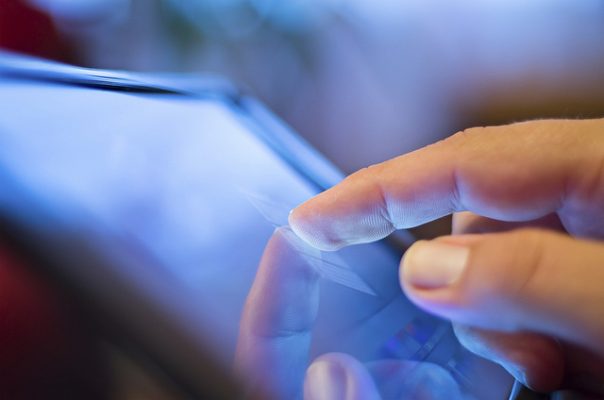Touchscreen News
Studies Reveal Improved Satisfaction Among Touchscreen Users

Touchscreen devices have become an almost integral part of our daily lives. Whether it’s a smartphone, tablet, computer monitor, human machine interface (HMI), etc., the vast majority of people use at least one touchscreen device on a daily basis. Aside from the functional benefits they offer, however, there’s new evidence suggesting that touchscreens yield improved satisfaction among users.
According to a study published in the Journal of Consumer Psychology in 2014, how consumers perceive products and promotional marketing material online is influenced by their platform or interface used to access the material. Researchers from the study found that touchscreen interfaces like smartphones and tablets result in higher product valuations when compared to archaic interfaces like a computer and mouse.
For the study, participants were asked how much they would spend on a particular product. Participants who were given a touchscreen device to view the products said they would pay more for the product than participants who viewed the products on traditional interfaces.
But why exactly are people willing to spend more on a product just because they viewed it on a touchscreen device? Researchers cite a phenomenon known as “psychological ownership,” in which consumer feel that something belongs to them even when it really doesn’t. When you view a product on a touchscreen device, it triggers the same mechanism in your brain that you would experience if you were actually touching the product. Subsequently, this results in stronger mental stimulation, allowing us to feel a stronger connection to the product.
This isn’t the only study attesting to the power of touchscreen interfaces. A separate study, published in the journal of Cyberpsychology, Behavior, and Social Networking, found that using a touchscreen device to view products triggered increased vividness and memory of the respective product. Again, this is due to the fact that touchscreen devices trigger psychological ownership where the user experiences a stronger connection to the product he or she is viewing.
Do you think touchscreen interfaces have a positive impact on user satisfaction?
